Perhaps not since 44 years ago has there been such heightened anticipation for the inauguration of a new US President as there is now for Donald Trump’s. In December 1980, it was primarily the families of American hostages in Tehran anxiously awaiting Jimmy Carter’s departure and Ronald Reagan’s swearing-in, after Carter had failed for a year to secure their release from Iranian captivity. This time, however, it is Joe Biden and his Western allies - supported and cheered on by the military-industrial complex - who have effectively held half the world hostage by needlessly prolonging the war in Ukraine. As Biden’s Secretary of State Antony Blinken phrased it at NATO: every last dollar will be “pushed out the door” before Trump’s inauguration on January 20 - directed, of course, to Ukraine.
That said,
Trump’s opponents and key stakeholders, including the Ukrainian president, are well aware that unconditional American support is coming to an end. Starting in January, the winds of global politics will shift. Recent remarks by Volodymyr Zelensky reveal his recognition of this reality, as well as the importance of cultivating a good relationship with Keith Kellogg, Trump’s likely special envoy to Ukraine, who is - luckily - already known to Hungarian government circles.
Moscow, in the meantime, is far from being idle. The nearly three years of war in Ukraine have demonstrated that Russia "reads" the West better than the West understands Russia. If a Christmas prisoner exchange and ceasefire materialize - something Viktor Orban has persistently advocated - it could lay a strong foundation for further progress. Even a lasting ceasefire would be a major achievement after hundreds of thousands of deaths, countless wounded, and millions of displaced refugees. Such a ceasefire might even be called peace. After all, in the classical sense, the two Koreas are not at peace, yet they have refrained from major hostilities for over seven decades now.
Expectations are no less intense ahead of Trump’s inauguration in another key flashpoint of the globe: the Middle East. The stakes are particularly high in Israel and Iran, although they are scarcely lower in the region’s other nations. Israeli Prime Minister Benjamin Netanyahu faces intense domestic challenges and values Washington’s support. He got along far better with Trump than with Joe Biden.
(Incidentally, Trump is considering to appoint Mike Huckabee - a former Republican primary rival, former governor, Baptist minister, and television commentator - as US Ambassador to Jerusalem.) Palestinians are disheartened by Trump’s return, while Israeli factions to Netanyahu’s right hope for a free hand from Washington to annex Palestinian territories. US-Iran relations will hinge on Israel and the wars in Gaza and Lebanon; how confrontational these parties will become next year remains to be seen. In the ever-complex Middle Eastern equation, Syria has emerged as a new factor: the sudden fall of the Assad regime highlights the unintended consequences of global politics, which are linked to the wars in Ukraine and Gaza (Lebanon) and shifts in focus for Russia and Iran. The question is: what kind of future will unfold in Damascus after Assad? We'll see in 2025. But for now, the United States, exhausted from wars in Iraq and Afghanistan, is unlikely to send its troops to defend the so-called "free world" in Aleppo.
America’s greatest global rival, of course, is not Iran or even Russia, but China. Trump knows this well. Europe, including Hungary, must also remain vigilant about the economic vulnerabilities that a potential trade war could bring.
The President-elect largely won against Kamala Harris by convincing Americans that he could restore order to the country. Recent polls show that 59% of citizens believe the US is on the wrong track, while only 27% believe that it is heading in the right direction.
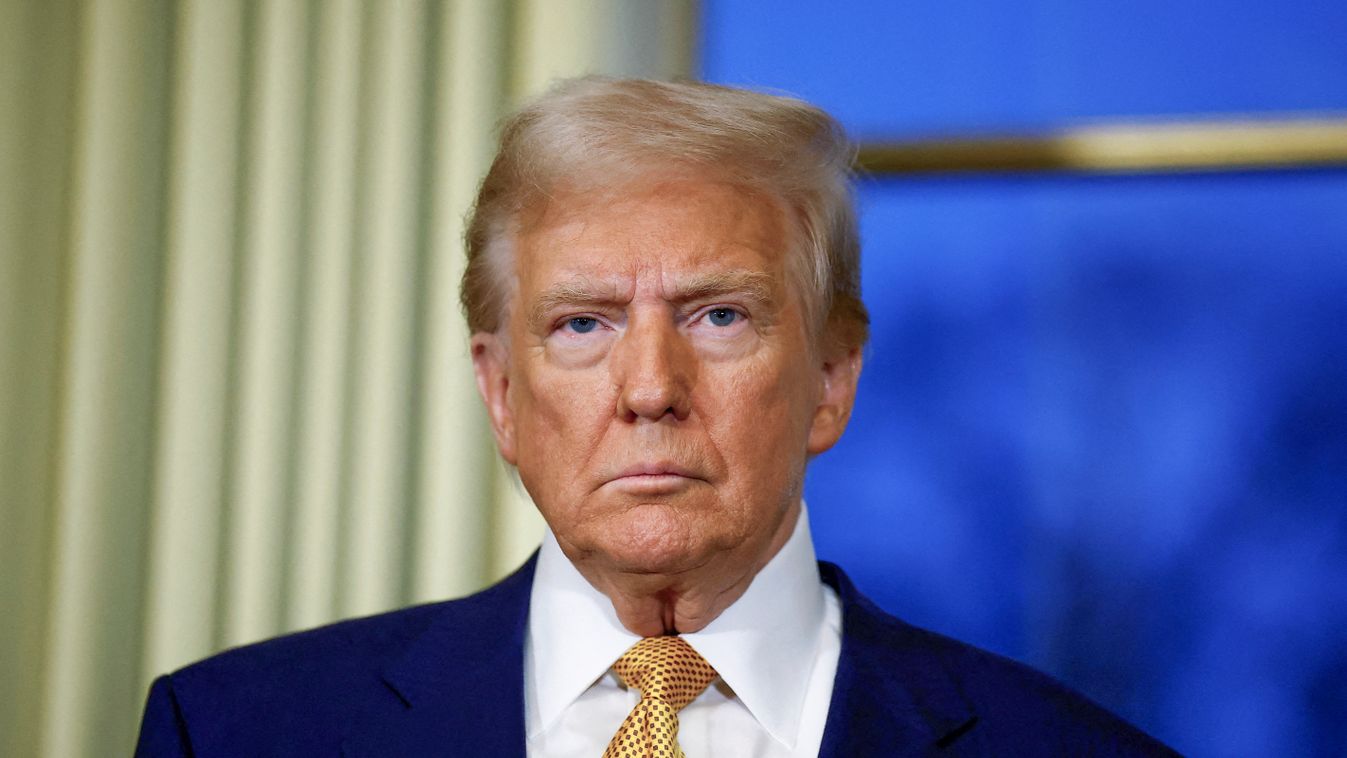
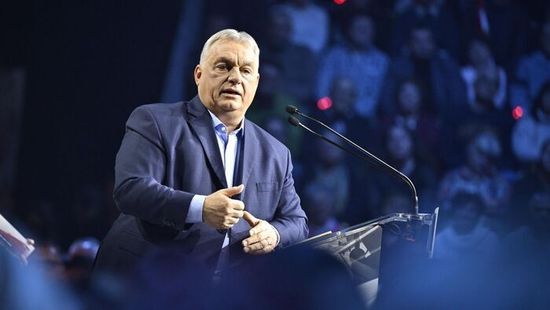
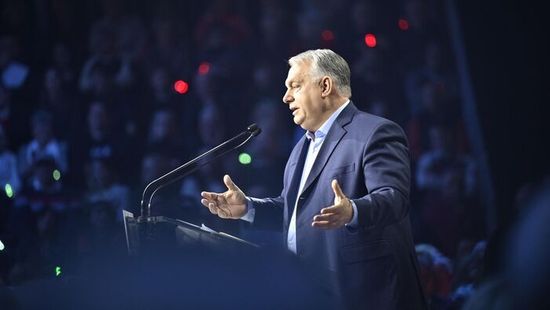
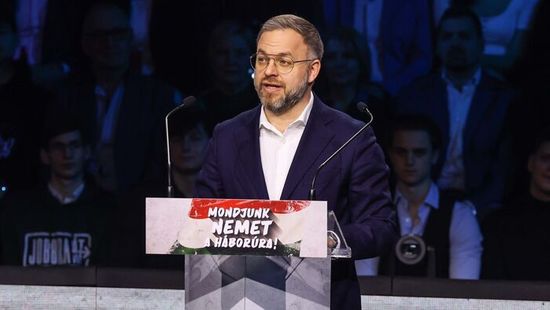
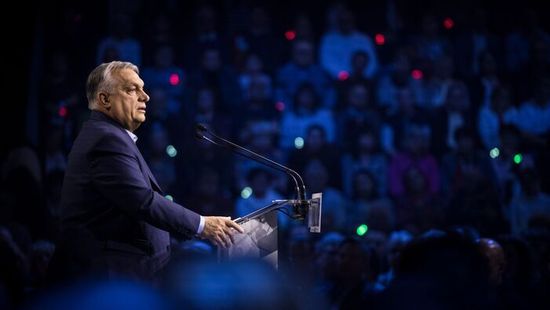




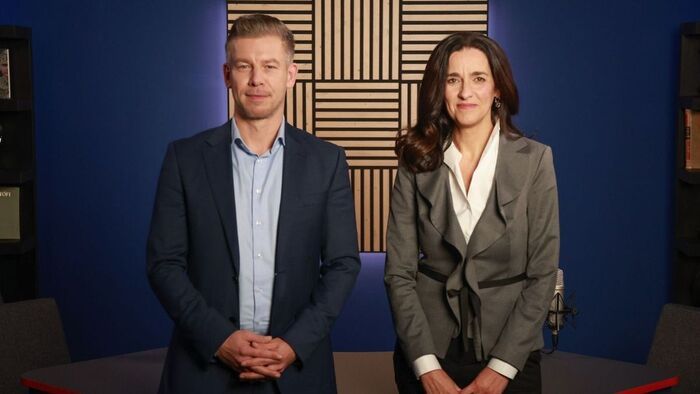


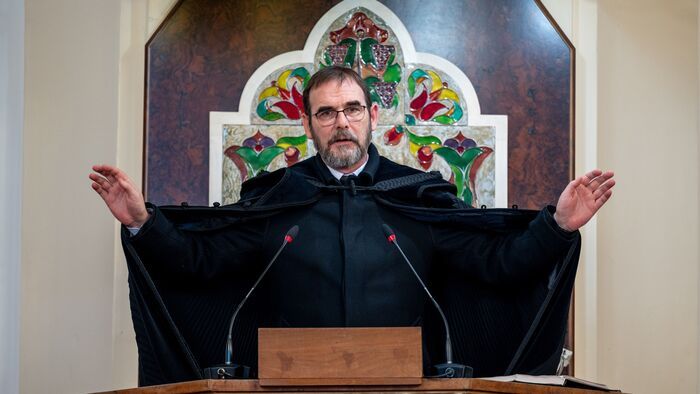

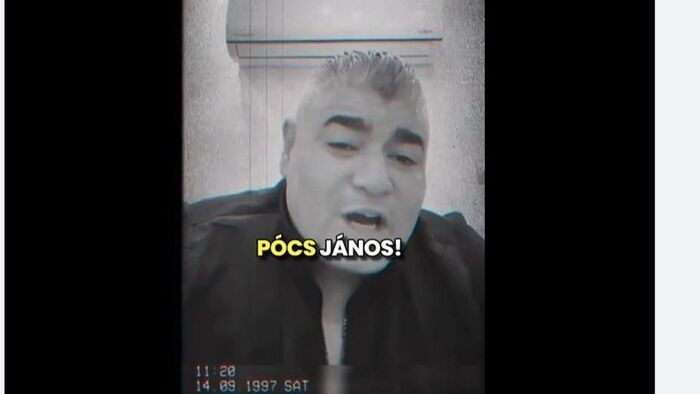
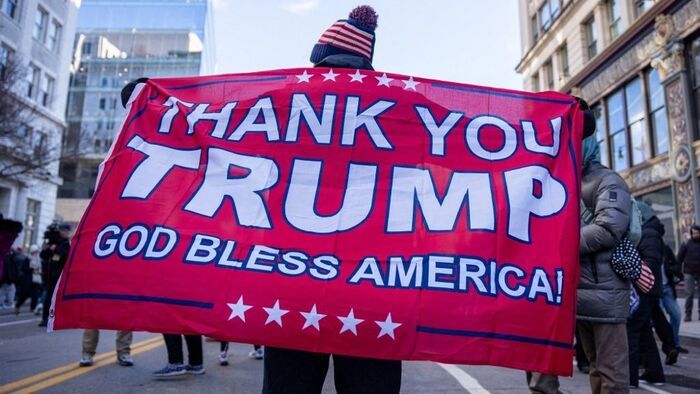
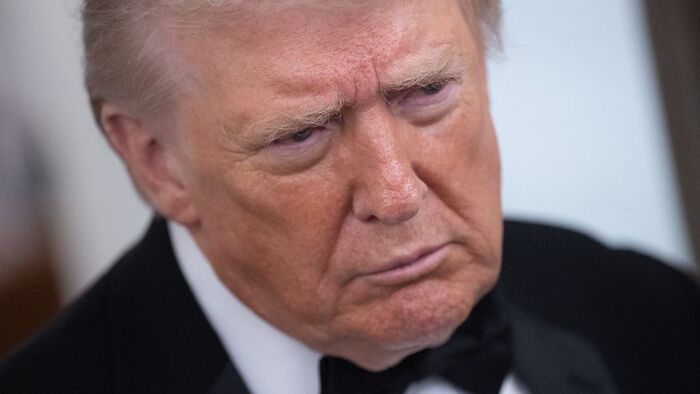
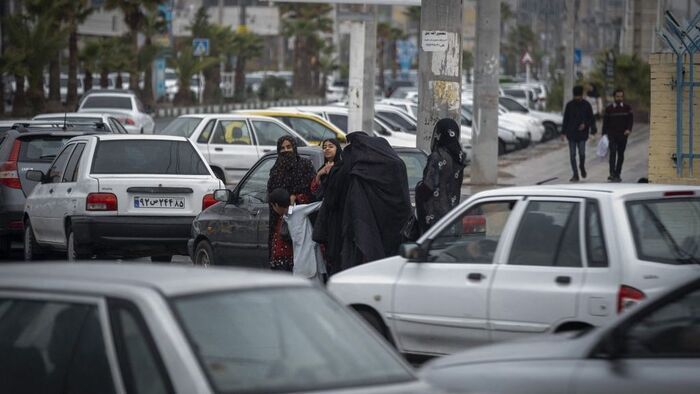


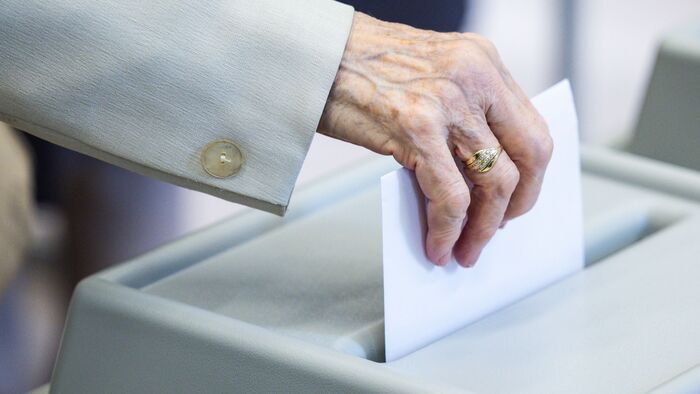


Szóljon hozzá!
Jelenleg csak a hozzászólások egy kis részét látja. Hozzászóláshoz és a további kommentek megtekintéséhez lépjen be, vagy regisztráljon!